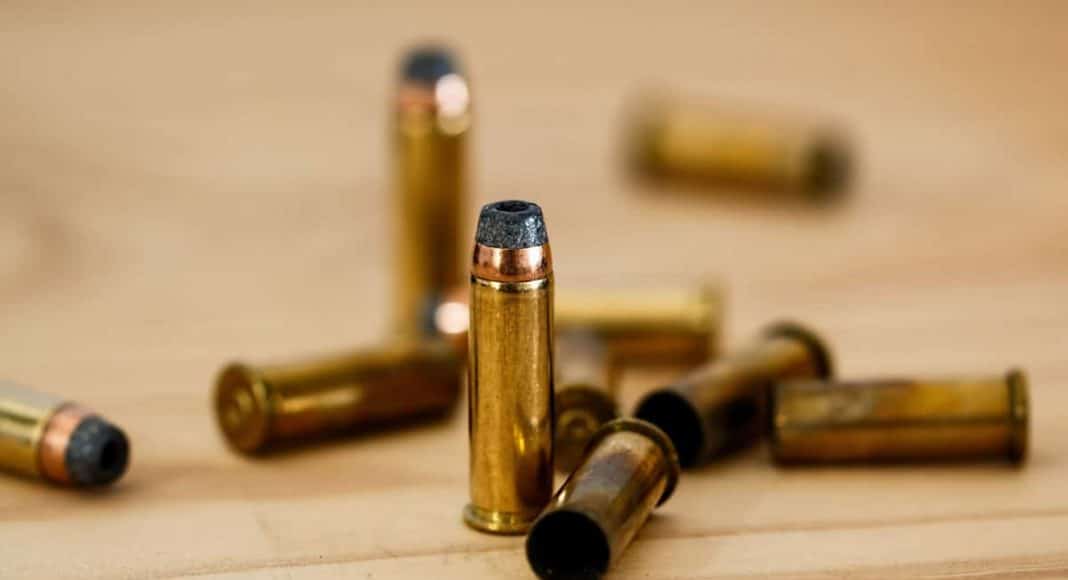As several states prepare to launch medical marijuana programs, a growing number of citizens are concerned about how the situation will affect their ability to carry a gun.
The short answer is: People who use medical marijuana cannot buy, sell or transfer a firearm.
-
Related Story: Little-Known Health Effects Of Medical Marijuana
Because the cannabis plant remains and outlaw substance in the eyes of Uncle Sam, medical marijuana cardholders automatically forfeit their Second Amendment rights – no exceptions. The federal government prohibits gun ownership by anyone who is “… an unlawful user of or addicted to any controlled substance (as defined in section 802 of the Controlled Substances Act (21 U.S.C. 802)).” And sadly, marijuana remains a Schedule I dangerous drug under that statute.
For patients like Nick Yarberry, who has suffered from glaucoma for nearly two decades, the conflict between state and federal law will bring about a difficult decision. The Arkansas resident says he wants to participate in the state’s newfound medical marijuana program, but he does not want to give up his freedom to pack heat.
“I can either keep my safety of having my concealed or lose my eye sight and what good is my concealed carry anyway because I won’t be able to use it,” he told CBS-affiliate THV11.
-
Related Story: Why Won’t My Doctor Prescribe Medical Marijuana For Me?
Last year, the U.S. Court of Appeals for the Ninth Circuit in San Francisco upheld the federal ban on gun ownership with respect to medical marijuana participants. The three-judge panel ruled that it was not a Second Amendment violation for a federally licensed gun dealer to refuse service to medical marijuana cardholders. The court said this documentation gives dealers “reasonable cause to believe” that a person is engaged in the unlawful use of drugs.
“Registry cardholders are more likely to be marijuana users, and illegal drug users, including marijuana users, are more likely to be involved in violent crimes,” the 9th Circuit wrote in its opinion. “Accordingly, preventing those individuals who firearm dealers know have registry cards from acquiring firearms furthers the Government’s interest in preventing gun violence.”
Incidentally, a person must disclose any illegal drug use, including marijuana, when filling out the form (4473) required to purchase, sell, or transfer a gun. If a medical marijuana cardholder fails to disclose their affiliation with a program, felony charges could be perused.
According to a 2011 letter issued by the Bureau of Alcohol, Tobacco, Firearms and Explosives, “any person who uses or is addicted to marijuana, regardless of whether his or her State has passed legislation authorizing marijuana for medicinal purposes, it is an unlawful user of or addicted to a controlled substance, and is prohibited by Federal law from possessing firearms and ammunition.”


